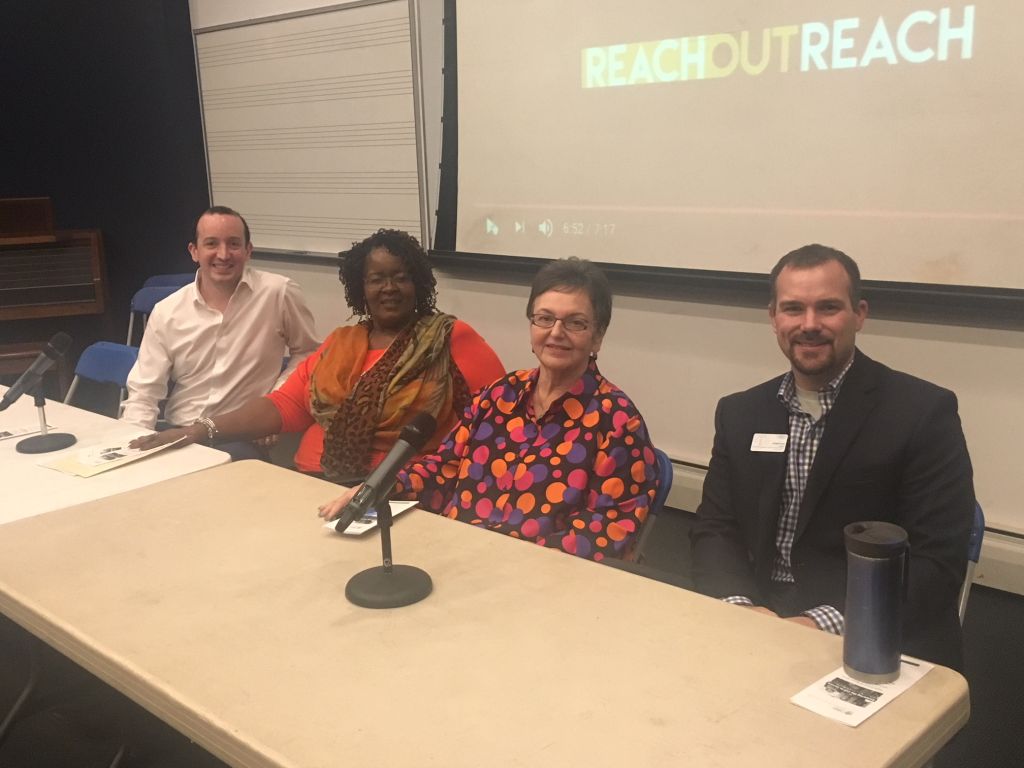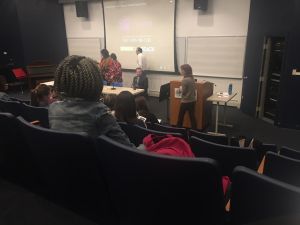Don’t cry. Don’t show emotion. Man up. A few expressions that we’ve all heard spoken to boys and men alike for as long as we can remember.
However, these words are damaging in more ways than one. The conversation of domestic violence is starting to really make a difference in our country and the world at large.
There are even more homes and shelters that are developing and improving their services around the issue. But there’s a big problem that is often over looked in that discussion. Men are victims of domestic violence too. And it’s time to start talking about it.
1 in 4
According to the National Coalition Against Domestic Violence (NCADV), 1 in 4 men will experience some form of physical violence by an intimate partner in their lifetime.
This becomes a pressing matter because so few victims report their abuse, and even less get help or are able to escape it.
“These are safe havens with a short stay [about 30 days], but most are with them for about 40 – 60+ days if needed.” says Minna Davis, LPC from Laurel House Domestic Violence Program.
“Most abusive people only do this to the one person. They might stalk the person, but we’ll call police if we notice this. We rarely accept people within the county where the abuser lives for this reason. But overall all are welcome ” says Davis. But what happens if the victim has a child with them?
What you didn’t know

“In homeless shelters you can’t stay together with your child at times. In a domestic violence shelter you can be together,” said Tommie Wilkins, MA, coordinator of Violence against Women on Campus Grant Program at Cabrini, on why men can’t just go to homeless shelters to escape.
She also explains that when victims leave an abusive situation it can be very dangerous because there usually isn’t a large support system.
“I have a Bystander Intervention class coming soon to Cabrini’s campus. How are we suppose to help and assist people? How do you help a friend, in the proper way? These questions are asked often. And soon students can learn the answers for credits as well,” Wilkins said.
Is the process different?
Many people don’t think about just how dangerous and hard it can be for a man to escape his abuser. Especially within a society that can at times under value the importance of men communicating their emotions.
“Safety for a man will feel different,” said Sean Whiteman, MSW, from Lutheran Settlement House Bilingual Domestic Violence Program.
“They may open up in the third session rather than the first. They usually open up more slowly,” Whiteman said.
When asked how is it more challenging for a man to open up about abuse when a lot of material focuses on women, he replied as if he could replay the scene from memory.
“At first they might feel the space isn’t for me. They can always change their mind on whether to stay or not. I’ll even ask them if they want to keep the door open.” Because so many people see domestic violence as a women centered issue, there is a lack in educational material for men.
“Try to have material that is gender neutral,” Davis said. She said this makes their space more welcoming to everyone.
Justice on campus and in the world
Cabrini has hosted a panel to educate the campus on this issue. The featured film, “Answering the Call to Service: The Mark Hudson Story,” was about a local lieutenant, volunteer firefighter and police officer Mark Hudson. Hudson was murdered by his girlfriend, and his story tells the sad but familiar story of many victims of domestic violence.

The panel answered questions that were prompted from the film in hopes of giving students and staff more insight into the topic.
They informed everyone that when men do report their abuse it’s a great thing because they gain support and resources. However, sometimes learning the process of going about it, and getting justice can be the harder part.
“They go through the same process as anyone,” Joe Fusco, director of Public Safety at Cabrini University, said about how male students can find help.
“The amount of cases this year is astonishing. We want them to let us in so we can give them the proper resources,” Fusco said. Unfortunately, not all campuses are as supportive. And this is same practice is reflected in the court systems.
“Not all lawyers and judges know everything. The court system is not just, and it’s usually because they aren’t educated,” Davis said. She said that because of the lack of knowledge around the issue, many cases of male victims can be dismissed.
“We want to have ‘How to work with men’ seminars. But overall, it all depends on the judge and how they feel. They only get a snap shot, when we know its much more. It’s repeated patterns, and a chronic situation that happens over time,” Whiteman said.
He also says how difficult it can be to try to explain everything in such a short amount of time.
“For example, immigration abuse is also happening more and more now. People are are becoming trapped, and abused and they’re scared,” Whiteman said.
Often times, he wants to let the lawyer or judge know how severely dangerous a situation can be but because of the lack of understanding, his words fall on deaf ears more often than not.
Whiteman and Davis have also agreed that there should be training within domestic violence shelters on sensitivity to men’s hardships as well.
The goal for change
Just because the justice system does have it’s flaws doesn’t mean that coming forward about a situation isn’t vital.
There are many reasons why men and women should speak up about this problem. “Members go to feel safe so they bond. Especially members of the LGBTQA+,” Whiteman said.
“Youth especially tend to turn to each other, usually not professionals like us, but friends don’t always have the expertise to address such matters,” Davis said.
The professionals aim to help, and at times victims may believe otherwise. “We don’t have an agenda, they’ve been there, they are the experts. They already have someone that is controlling them. That’s just not what we do,” Whiteman said.
“Give opinions, choices, and give them their power back. Sometimes we’re more scared for them than they are for themselves. We try to also respect them and whatever they want to do.”
Back on campus, the approach is similar still. “We will always talk to them about their options and listen to their opinions”. says Wilkins.
When asked about seeing a situation on campus Fusco stated, “We can always have others walk with you, you aren’t ever in this alone.”



